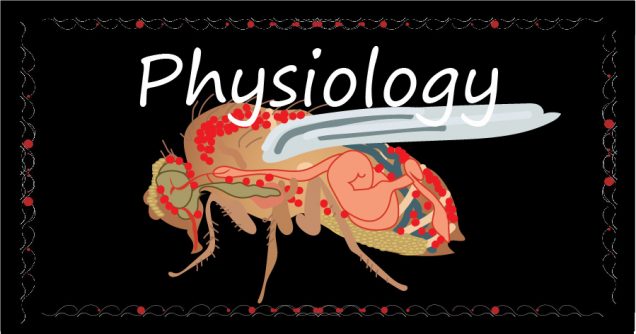Current Research
Cell death plays a central role in development and in many diseases. The research in our laboratory is focused on understanding the molecular mechanisms of programmed cell death and cell clearance. The model that we are using is the fruitfly, Drosophila melanogaster, an organism with unique advantages in genetics and cell biology. One major interest of the lab is germline cell death, which can occur at several distinct stages in the fly ovary. The death of nurse cells in late oogenesis is developmentally programmed and occurs rapidly and synchronously in clusters as each oocyte develops. Germline cell death can also occur in response to starvation or other inducers. While apoptosis is the major form of cell death occurring in response to starvation, a novel non-apoptotic type of cell death occurs during developmental nurse cell death.
The final step in programmed cell death is the removal of the corpse. Defective dead cell clearance is associated with auto-immune and neurodegenerative diseases in humans. In the fly ovary, “professional” phagocytes like macrophages are limited, and most of the cell clearance is carried out by epithelial follicle cells. Follicle cells synchronously engulf dying nurse cells, providing a powerful in vivo model system for investigating the genetics and cell biology of engulfment. In the fly brain, most of the cell clearance is carried out by glial cells. This provides a powerful in vivo model system for investigating the genetics and mechanisms that we can relate to neurodegenerative diseases.
We are currently using genetic and molecular approaches to identify and characterize components of the cell death and cell clearance pathways. Given the high degree of evolutionary conservation of known cell death mechanisms, we expect that pathways that we uncover in Drosophila will be conserved in humans.



